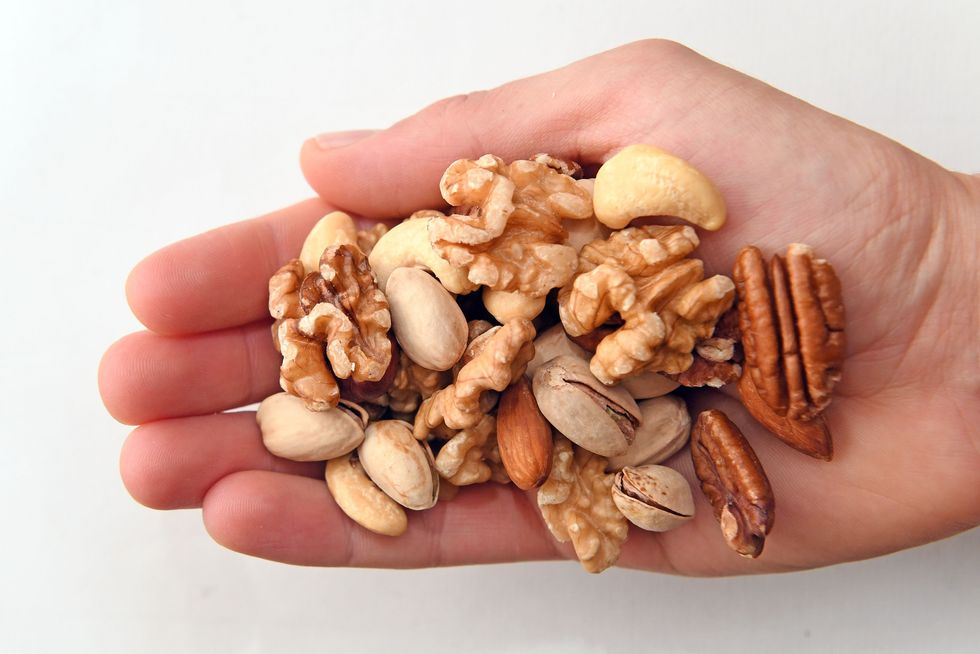While no single food directly causes weight loss, certain nutrient-rich choices can make managing your weight significantly easier, according to nutrition experts.
These specific foods work by controlling hunger signals and helping you to feel "fuller for longer".
The key lies in selecting foods that help regulate appetite hormones like leptin - which signals fullness - and ghrelin - which triggers hunger - explained Ulrike Kuehl, head of nutrition at Lumen.
By choosing the right foods, you can maintain better control over your appetite while ensuring your body receives essential vitamins and micronutrients. The expert listed five foods that can help you "manage hunger, improve satiety, and reduce cravings" - oats, legumes, quinoa, nuts and grilled chicken.

Oats stand out as a powerful tool in weight management, the expert explained, containing beta-glucan fibre that helps lower blood glucose and increases fullness.
Lentils and other legumes provide a mix of dietary fibre and protein, offering satiety without excessive calories.
Quinoa delivers a complete protein package with all essential amino acids, helping to regulate cravings and provide sustained energy throughout the day.
Nuts, particularly almonds and walnuts, contribute healthy fats and vital micronutrients that aid in blood sugar control and prolonged fullness.
Grilled chicken can play a crucial role in weight loss by providing a source of lean protein that keeps ghrelin levels low whilst supporting leptin stability, effectively managing appetite signals.
When it comes to foods to avoid, ultra-processed items are particularly bad for weight loss. These foods typically contain refined sugars and unhealthy fats that can override natural hunger signals by overstimulating the brain's reward centres.
Fried foods like chips and onion rings are some to avoid as they add significant calories without nutritional benefits, Ulrike stated.
The high trans fat content in fried items has been linked to weight gain and metabolic health risks. Alcohol can be especially detrimental to weight loss efforts, not only being calorie-dense but also triggering increased hunger signals through its dehydrating effects.

 By GB News (World News) | Created at 2024-12-05 17:46:24 | Updated at 2024-12-26 01:02:20
2 weeks ago
By GB News (World News) | Created at 2024-12-05 17:46:24 | Updated at 2024-12-26 01:02:20
2 weeks ago








